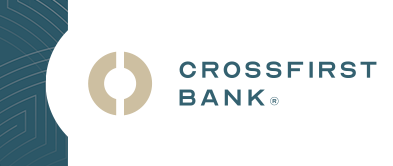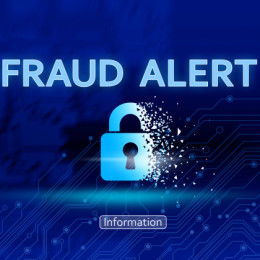
Periodically throughout the life of your mortgage loan you may receive solicitation communications, often through the mail or email, from companies trying to sell you additional services. These companies pull your information from public records and often use fear tactics to try to gain your business. Some examples of these types of solicitations include the following.
- Deed of Trust: These communications will likely request a fee in order to receive a copy of your deed. For example, “Send $85 to receive a copy of your deed for your records before it’s permanently filed away.” Please understand that the title company you worked with will provide you with a copy of your deed. You do not need to purchase an additional copy.
- Loan Servicing: You may receive a letter from another organization stating that your loan originator has engaged another company to take over the servicing of your loan. This is not true. If your loan is transferred, you will receive communications directly from the bank or company that originated your loan. Ignore these requests.
- Refinancing: You can expect to receive solicitations suggesting that the time is right to refinance your loan even though you just closed on your loan. If your loan was obtained through CrossFirst, we are confident that your loan was competitively priced when it closed. It’s unlikely an immediate refinance is economically prudent. If you want to explore a refinance, we will help you evaluate if it’s a good option.
- Payment Administration: You may receive a solicitation from a company suggesting that a bi-monthly payment will save you money over time, offering to help you manage your payments. These types of administration services often begin with a large processing fee followed by smaller monthly fees.
How Homeowners Can Be Vigilant
It is important for new homeowners to remain on high alert both weeks and months after they close on a mortgage or HELOC. Follow the tips below to help ensure you don't fall victim to a home loan scam.
- Don’t fall for urgent requests
- Double, and triple-check names and information included
- Be on high alert for any offer you receive
- Ask for secondary confirmation with any message, email, or phone call
- Rule of thumb: If you have trouble discerning, contact your lender immediately
The companies sending these solicitations put a lot of effort into looking official, sometimes even using the name and logo for the bank where you obtained your loan, and they often use scare tactics. All official communications from your original lender will come directly from the lender, usually on their letterhead.
If you are a CrossFirst client and you are unsure about a solicitation, we are happy to review it to confirm its legitimacy. Please don’t hesitate to reach out to our Client Care Team at (844) 261-2548 to confirm the authenticity of anything you've received.
April 27, 2023 by CrossFirst Bank

